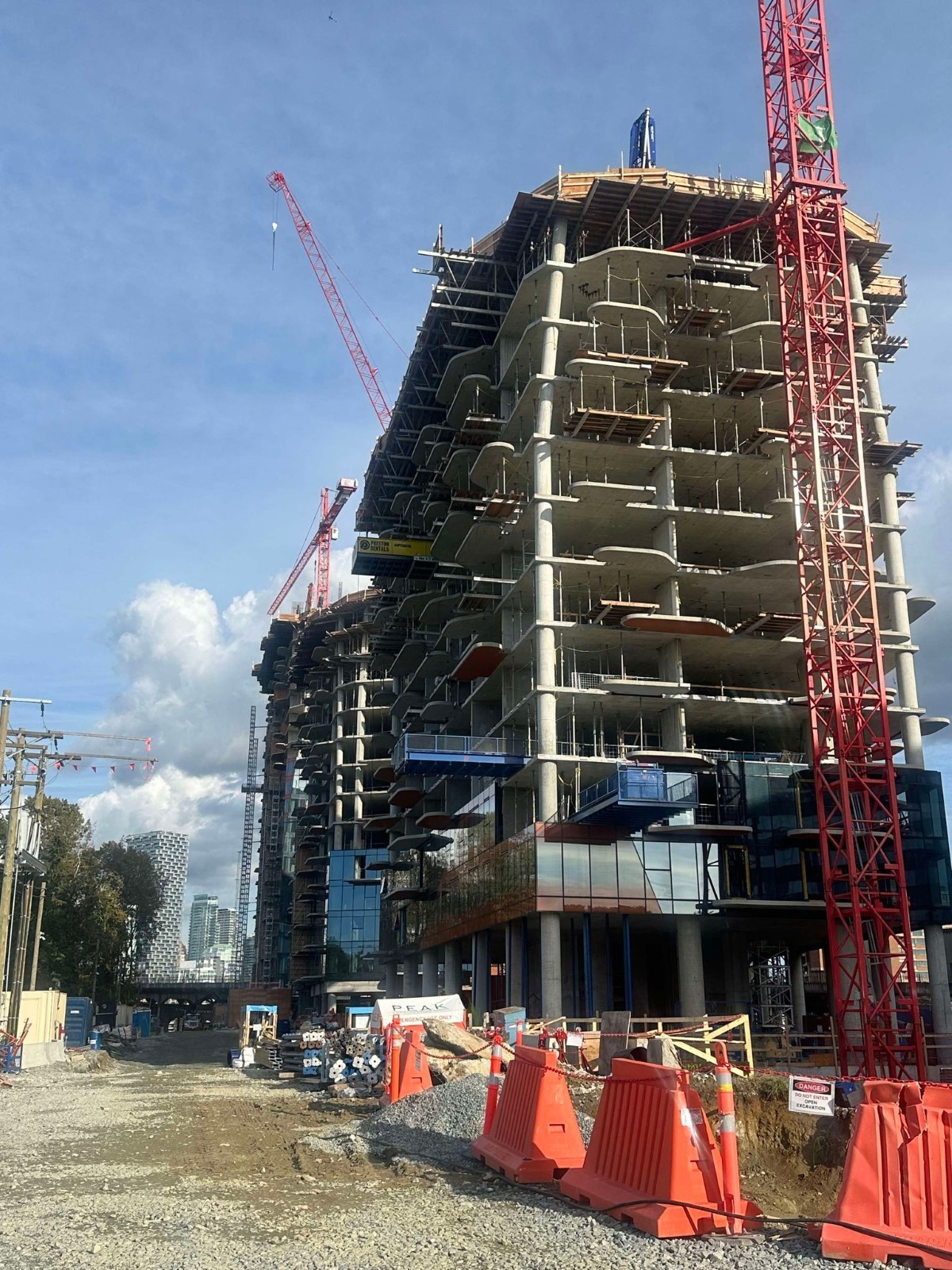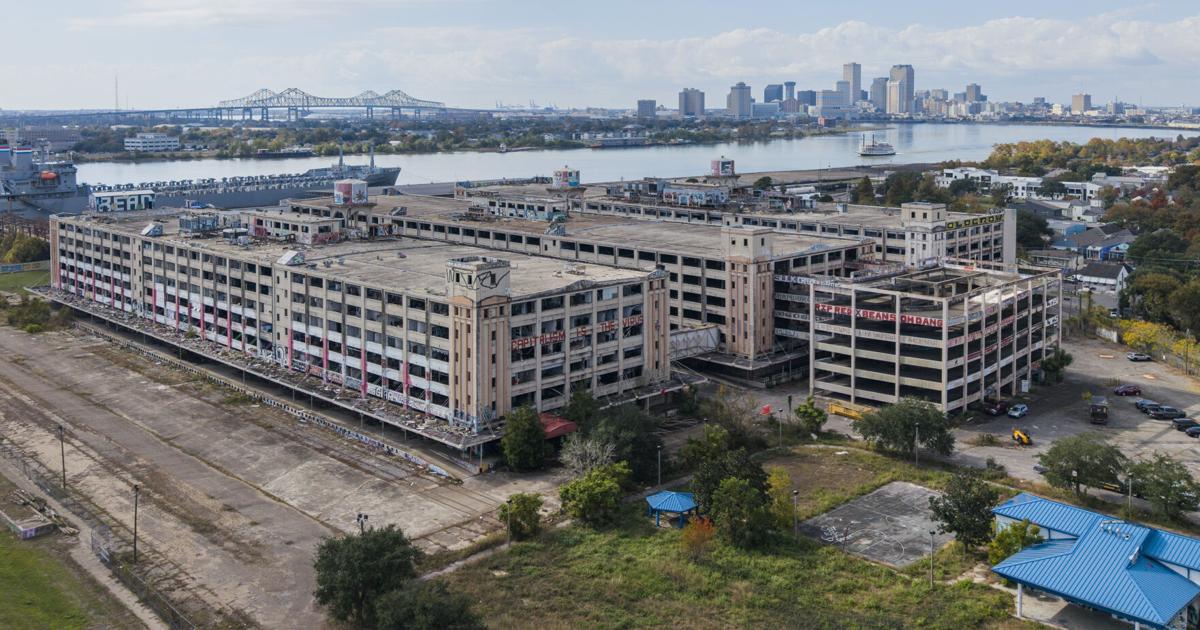C
anadian real estate leaders face significant challenges in 2025, including further interest rate cuts, stricter immigration policies, and rising bond yields. To navigate these disruptions, companies must balance long-term strategic clarity with adaptive agility, combining deliberate and emergent strategies.
Deliberate strategies involve planned actions aligned with a clear vision, while emergent strategies evolve organically in response to unforeseen opportunities and challenges. By blending these approaches, real estate leaders can account for economic shifts, policy changes, and market disruptions.
Volatility is the new normal in today's economy, making it essential for companies to be flexible and adapt borrowing strategies quickly. The Canadian government's cap on temporary residents signals an economic rebalancing that requires deliberate diversification strategies, while emergent tactics should be used to react to immediate shifts in housing demand.
In Toronto, development charges for condominiums have diverged sharply from those for purpose-built rentals, making it essential for condo developers to pair deliberate and emergent strategies. This can involve diversifying portfolios with rental properties and emphasizing collaborative advantage by finding trusted partners to respond to market conditions.
Companies must recraft their unique value propositions by focusing on operational excellence, leveraging technology, and streamlining operations. Strategic outsourcing can further boost efficiency, while emergent solutions can help stabilize operations and seize opportunities as they arise.
Despite uncertainty in the office sector and land and residential condo markets, there are opportunities for real estate leaders to thrive. Lending conditions in Canada are expected to become less restrictive, and data suggests a sustained appetite for opportunistic and value-add real estate investments.
The high cost of capital means real estate leaders must thoughtfully implement cost-cutting measures and reassess distributions to preserve capital. Developers can differentiate themselves by leveraging vertical integration, which allows them to assert more control over their operations and create a compelling offering for investors and stakeholders.
Canadian funds looking to attract international investors must navigate global climate and social responsibility standards, including uneven compliance burdens and challenges like Scope 3 emissions reporting. By reframing their value proposition and adapting to these standards, Canadian companies can stay ahead and win investor confidence.
The construction sector faces mounting ambiguity as the risk shifts from inflation to unemployment, with a need for disruption to address talent pipeline issues and youth underemployment. A shift in mindset is needed to attract talent and meet growing demand, requiring coordination between industry players and government.
Leaders in the construction sector should embrace ambiguity as an opportunity for innovation and reinvention, collaborating creatively, anticipating the unknown, and building frameworks that adapt to evolving demands.














